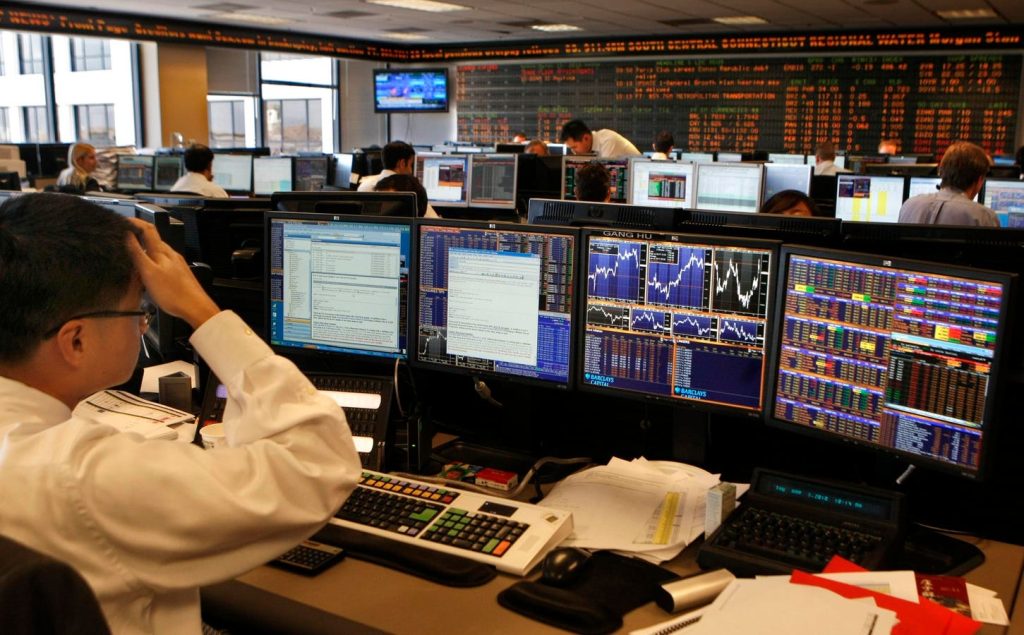In recent times, there has been a divide in the predictions of future interest rates, with some suggesting that the Federal Reserve will soon cut its benchmark short-term Fed funds rate due to a significant decrease in inflation. The inflation rate for March was reported at 3.5%, down from 9.1% in June 2022. The central bank had initially raised rates to combat inflation, and a decrease in inflation could prompt a rate cut.
However, the bond market is indicating a different story. The value of the iShares 7-10 Year Treasury Bond exchange-traded fund has been steadily falling since late December last year, suggesting that bond market investors believe interest rates are actually going to increase. Technical analysts, who specialize in interpreting price charts, are pointing towards the bond market’s behavior as a sign that inflation is set to rise once again.
Bond market professionals are considered some of the smartest individuals in the financial sector, and their actions are closely observed. They are betting on interest rates going higher, which could be due to the potential for a surge in inflation. Geopolitical tensions, such as conflicts between Israel and Iran, as well as Ukraine and Russia, have the potential to disrupt energy supplies and lead to increased prices for essential goods. If these conflicts escalate and spread, it could lead to a global increase in inflation, prompting central bankers to raise interest rates once more.
The unpredictability of geopolitical events and their impact on global markets is a significant concern for investors and policymakers. As tensions continue to simmer in various regions that are key players in the energy market, the possibility of supply disruptions and price spikes remains high. Any escalation in these conflicts could have far-reaching consequences, including an increase in inflation and subsequent interest rate hikes.
Investors are closely watching the actions of bond market professionals, as their insights and decisions often reflect broader market expectations. The bond market’s indications of rising inflationary pressures and the potential for higher interest rates are causing uncertainty and prompting investors to reassess their strategies. The potential for conflicts to further disrupt global supply chains and drive up prices is a looming threat that could have significant implications for the financial markets and the overall economy.
In conclusion, while some signals point towards a possible rate cut by the Federal Reserve due to lower inflation rates, the bond market is indicating a different outlook. The fear of escalating geopolitical tensions leading to supply disruptions and increased inflation is weighing on investors’ minds and raising concerns about future interest rate hikes. As the world grapples with uncertainty and instability, it is essential for market participants to stay informed, adapt to changing conditions, and make strategic decisions to navigate the evolving economic landscape.


